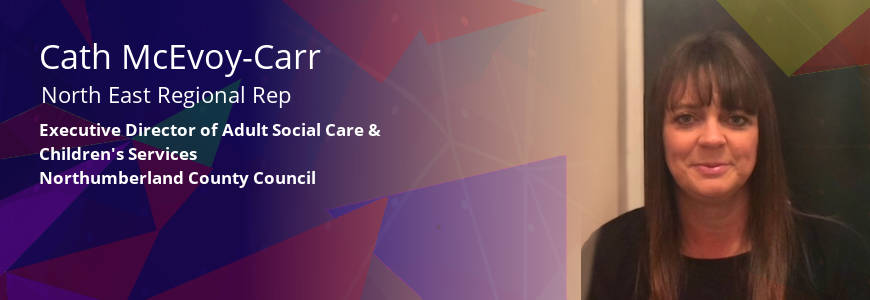It's ok to be ok

Whilst I am reluctant to continue to focus on the pandemic, as we progress along the roadmap and are tantalisingly close to the end of national restrictions, I find myself once again reflecting on the impact of the past year or so on our children and young people.
The national focus and media attention has understandably been on how Covid has disrupted the life of every child. I have witnessed first-hand the ups and downs of daily life with my stepchildren - with their interrupted schooling, many days of self-isolation, lack of access to structured activities and reduced contact with family and friends.
I would not seek to deny or minimise the significant challenges that our young people have had to endure and manage over the last 12 months; the increase in the number of children living in poverty is of course testament to this. There are many areas of obvious impacts, to a greater or lesser extent, such as education, bereavement, social interactions, abuse and neglect, all forms of poverty and of course physical and mental wellbeing.
There is no doubt that the huge rise in demand for mental health services, at all levels, is an early indication of one of the potentially long-term impacts. Every day there are stories in the media about children being anxious, stressed and worried which has led to rapid investment in, and development of, well needed support services, although there is still much more to be done before we can meet the needs of all our young people.
Despite the constant deficit headlines about children - their missed education and recovery needs, hampered life chances and lost generation claims - there are still examples of positivity that instil optimism, hope and inspiration and demonstrate the resilience of some of our children and young people. We need to consider why some young people have flourished, despite all of the adversity in their lives, and harness that resilience.
In my discussions with some young people, they have reported to me that they have felt guilty or even worried by the fact they were not experiencing such emotions. As one young primary student recently said to his teacher, ‘Stop asking me about my feelings and give me some hard maths.’
We need to embrace the rhetoric that sometimes it’s ok to be ok.
